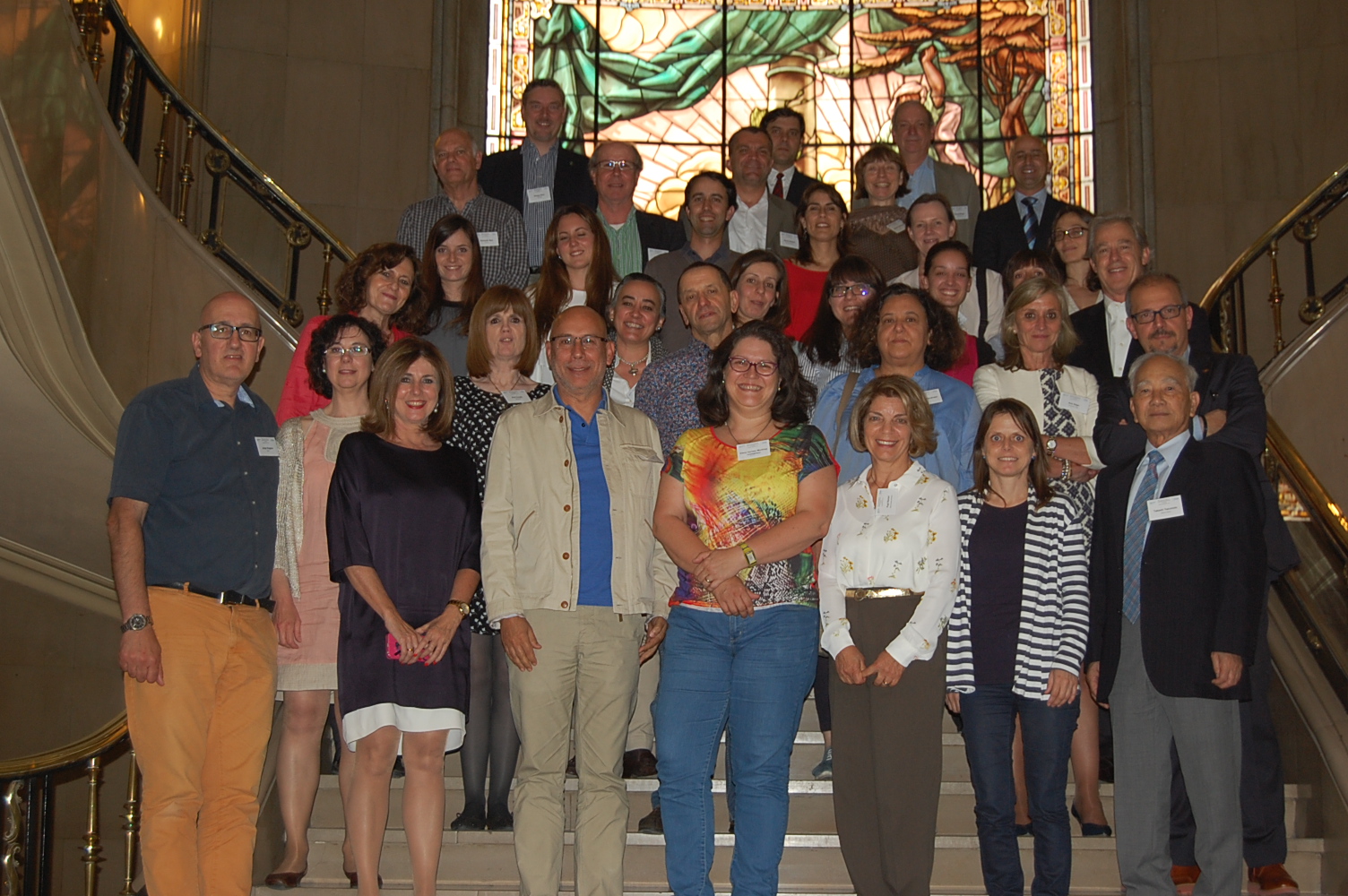In motion the EFSA’s Project related to the occurrence of ciguatoxins in food
The kick-off meetings of the EFSA’s Project “Risk characterization of ciguatera food poisoning in Europe” were held in Madrid, at AECOSAN, on 31 May, 1 and 2 June 2016. This Project has a foreseen length of 4 years, and it is led by different Spanish organisations, which will work in four specific agreements in different working areas. The project aims at determining the incidence of ciguatera in Europe, defining the epidemiological traits of the cases. The presence of ciguatoxins in food and environment will also be evaluated. The final objective is to characterise the risk by developing methods of detection of the presence of ciguatoxins in different specimens.
Along the three days, the organisations responsible of each of the 4 specific agreements attended the different meetings, together with their partners and collaborators. These organisations are the Health Institute Carlos III (ISCIII), responsible for the epidemiological working area; the Institute of Research & Technology, Food & Agriculture (IRTA), leader of the evaluation of ciguatoxins in fish and the environment; the University of Vigo (UVIGO), in charge of the characterisation of the occurring ciguatoxins in the EU, and of the development of standards and secondary reference materials; and AECOSAN, responsible for the global scientific management and coordination of the project.
The other organisations of the consortium also participated in the meetings: A total of 13 institutions from 6 different Member States (France, Cyprus, Germany, Portugal, Greece and Spain). These institutions are: The Economic and Food Safety Authority (ASAE) from Portugal, the National Health Institute Doutor Ricardo Jorge (Portugal), the University of Thesalia (Greece), the Federal Institute for Risk Assessment (BfR) from Germany, the Canarian Health Service (Spain), the University of Las Palmas de Gran Canaria (ULPGC), from Spain, the Portuguese Institute of the Sea and Atmosphere (IPMA), the General State Laboratory (SGL) from Cyprus, the French Institute for the Sea Exploitation (IFREMER), and the University of Thessaloniki. The kick-off meeting counted also on the participation of two collaborators of the project: The General Directorate of Fisheries from the Canary Islands, and the General Directorate of Fisheries from the Madeira Autonomous Region. Some members of the Project Advisory Board also took part in the meetings; i.e., Dr. Robert Dickey and Dr. Ronald Manger, experts from the USA; Dr. Takeshi Yasumoto, from Japan, a world-renowned expert in the field of ciguatoxins; and EU institutions such as ECDC, European Commission and EFSA.
Along the first day, simultaneous meetings among the leaders of the different specific agreements and their partners and collaborators took place. On June 1st, a plenary meeting was held, with the participation of over 30 representatives of the consortium, together with the Advisory Board. Finally on June 2nd, a meeting among the leaders of the 4 specific agreements was organised, in order to sketch the main aspects of coordination and related issues, to initiate with the activities regarding the beginning of the Project.
This Project, the first one of these characteristics, is co-financed by EFSA with 1 Million Euro, and reflects the core values of the Authority (excellence, scientific cooperation and innovation), because of the internationalisation of strategies and approaches, and because it counts on a multidisciplinary team of world-renowned experts in the field of ciguatoxins.
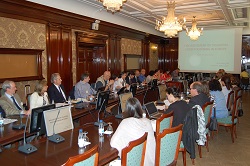 |
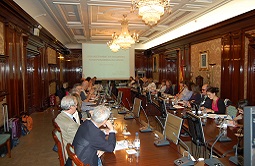 |
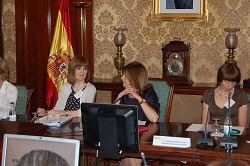 |
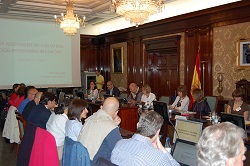 |
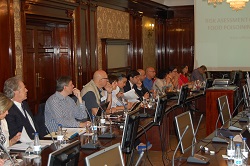 |
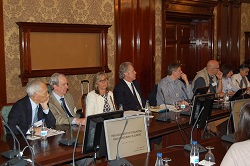 |
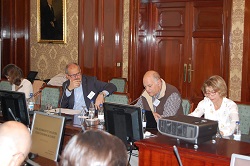 |
